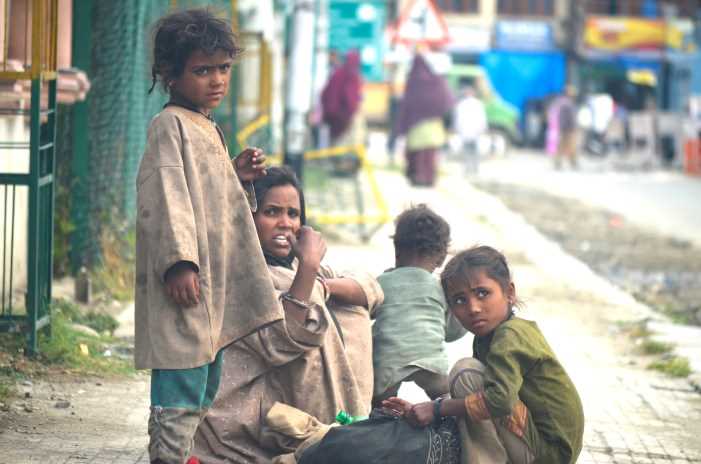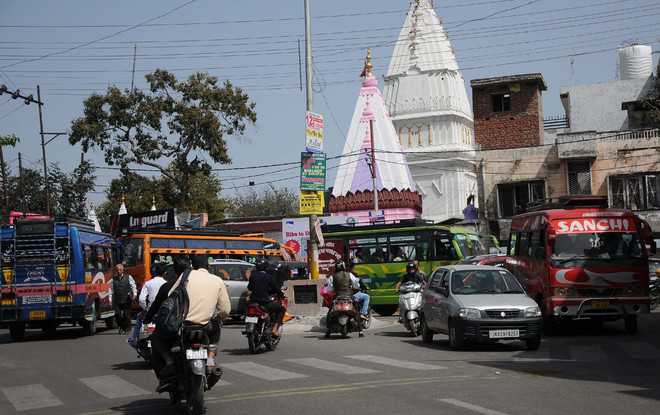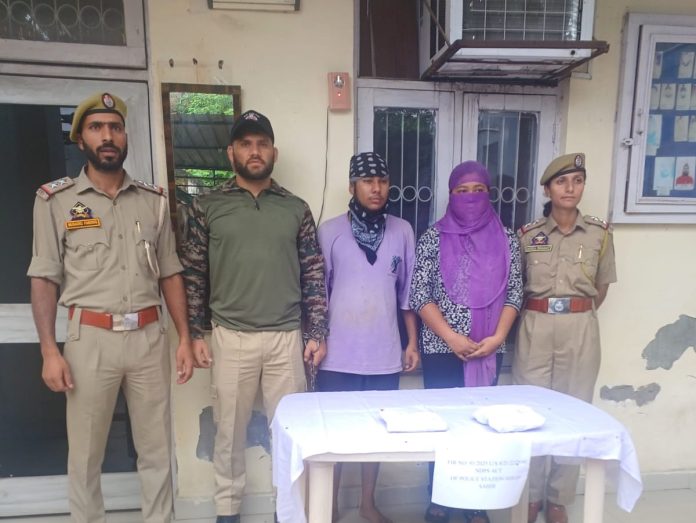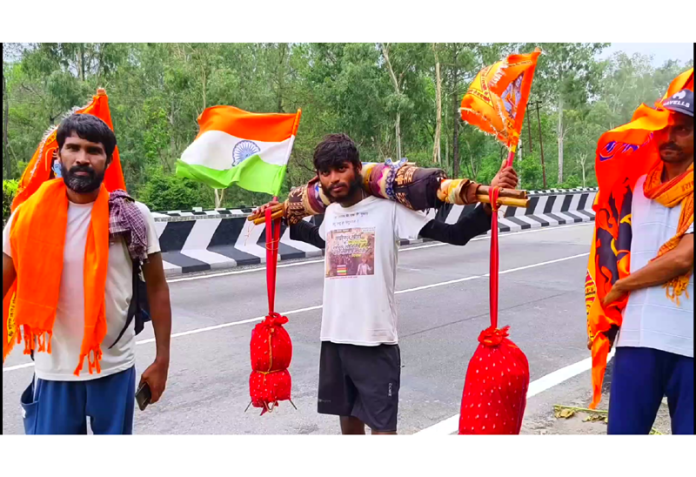In light of recent escalations along the Jammu & Kashmir border, it’s imperative for residents to be well-prepared for any emergencies. This guide offers actionable steps to ensure safety, readiness, and resilience during times of conflict.
1. Stay Informed Through Official Channels
Accurate information is crucial during crises. Rely on verified sources to stay updated:
- District Administrations: Follow DC-Jammu, DC-Samba, and DC-Kathua on Telegram and X (formerly Twitter) for real-time updates.
- Broadcast Media: Tune into AIR Jammu (100.1 MHz) and Doordarshan for official announcements.
- Emergency Alerts: Treat all sirens and SMS alerts as genuine until an official “all clear” is issued.
Emergency Contact Numbers
- Police: 112
- Ambulance: 108
- Fire Services: 101
- Mental Health Support: 1800-180-7159
For district-specific control room numbers and additional contacts, refer to official government directories.
District Control Room Numbers (24×7):
Jammu
0191-2571912, 0191-2571616
Samba
01923-241004, 01923-246915
Kathua
01922-238796
Poonch
01965-220258, 9086253188
Rajouri
01962-260207, 01962-260033
Udhampur
01992-270212, 01992-276915
Reasi
01991245587, 01991-245757
Ramban
01998-29550, 01998-266790
Doda
01996-233530, 234413
Kishtwar
1995-259555, 9482217492
Source: Office of the Divisional Commissioner, Jammu, Rail Head Complex
BSF Helpline (Jammu): 0191-2431021
Red Cross Jammu: 0191-2547850
Civil Defence (Jammu): 0191-2549100, 2544920
NDMA WhatsApp Alerts: Send “Hi” to +91-70191-15555
2. Assemble a 72-Hour Emergency “Go-Bag”
Having a ready-to-grab emergency kit can be lifesaving. Ensure each family member has a personalized bag containing:
Essential Items
- Water: 3 liters per person per day (totaling 9 liters for 72 hours).
- Food: Non-perishable, ready-to-eat items like energy bars, dry fruits, and canned goods.
- Medicines: A 3-day supply of prescription medications along with basic first aid supplies.
- Identification & Documents: Aadhaar card, voter ID, property papers, and bank details stored in a waterproof pouch.
- Communication Tools: Fully charged power bank, charging cables, and a list of emergency contacts.
- Clothing & Shelter: A change of clothes, warm layers, rain gear, and an emergency blanket.
- Cash: ₹2000-₹3000 in small denominations for essential purchases.
3. Prepare Your Home for Emergencies
Enhance your home’s resilience against potential threats:
- Secure Entry Points: Reinforce doors and windows to withstand blasts or forced entries.
- Designate Safe Zones: Identify areas within your home that offer maximum protection during attacks.
- Emergency Supplies: Stock up on essentials like water, food, and medical supplies to last at least a week.
- Communication Plan: Establish a protocol for family members to stay in touch during emergencies.
4. Mental Health and Well-being
The psychological impact of conflict can be profound. Prioritize mental health by:
- Seeking Support: Utilize helplines and counseling services available in the region.
- Staying Connected: Maintain communication with friends and family to alleviate stress.
- Engaging in Relaxation Techniques: Practice deep breathing, meditation, or other calming activities.
5. Combat Misinformation
In times of crisis, misinformation can spread rapidly. To ensure you’re acting on accurate information:
- Verify Sources: Cross-check news with official government releases.
- Be Skeptical: Question messages that incite panic or seem sensational.
- Report False Information: Notify authorities about any misleading content circulating in your community.
6. Additional Resources
For more detailed information and updates, refer to:
- National Disaster Management Authority (NDMA): Official Website
- Ministry of Home Affairs: Official Website
- Local District Websites: Access specific guidelines and contact information pertinent to your area.
By proactively preparing and staying informed, residents of Jammu & Kashmir can enhance their safety and resilience during uncertain times.
















